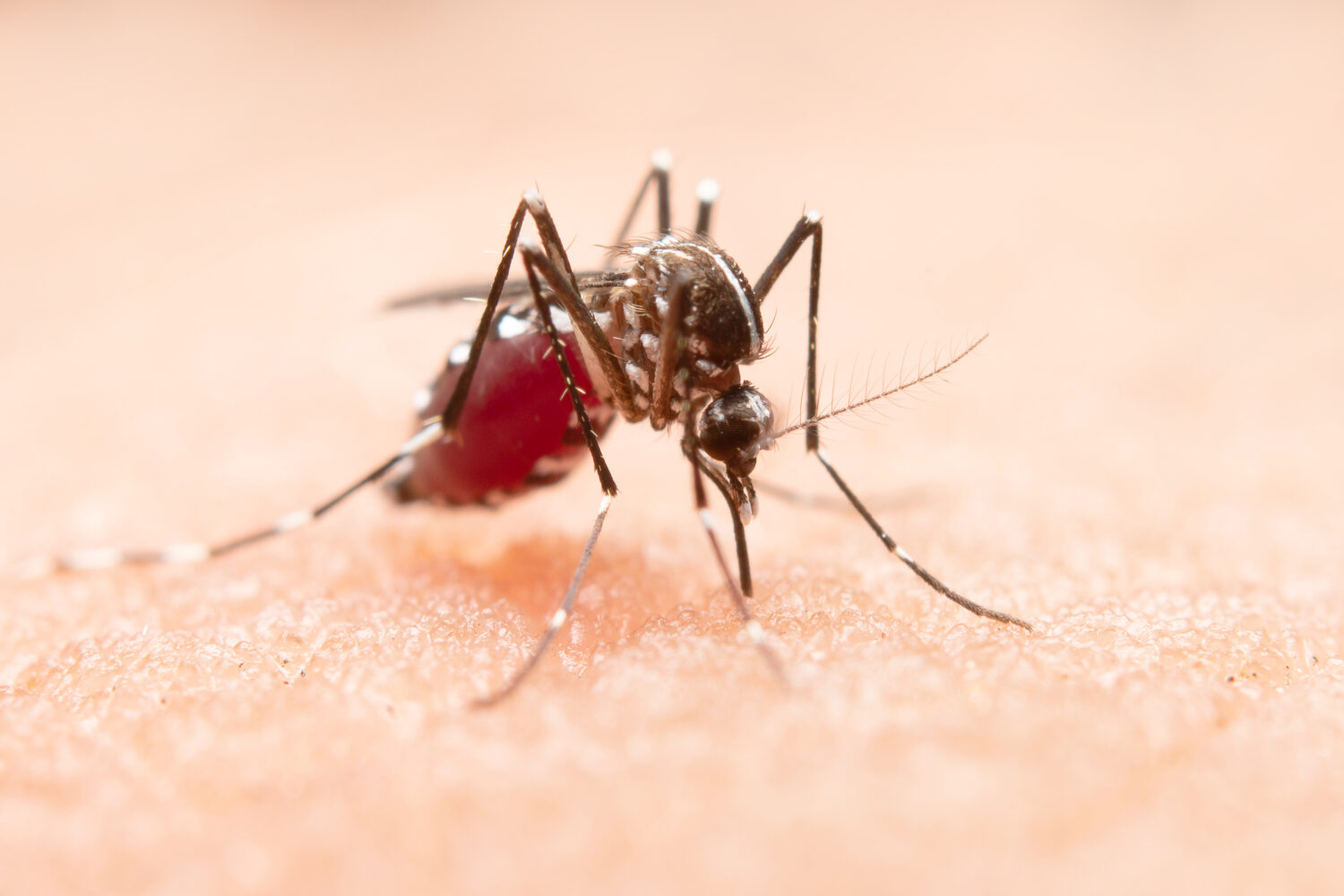
What You Should Know:
– A team of researchers at the intersection of medicine and technology has harnessed the power of artificial intelligence (AI) and NVIDIA GPUs to develop a new AI solution.
– Their recent publication in the prestigious journal Nature details the creation of a sophisticated convolutional neural network (CNN) specifically designed for the automated detection of malaria parasites in blood samples.
Venezuela’s Malaria Resurgence
While the glint of gold has long held allure, its pursuit in Venezuela is casting a dark shadow on public health. Deforestation spurred by gold mining activities in the Bolivar state has disrupted delicate ecological balances, leading to a significant resurgence of malaria. The altered environment has favored mosquito populations, which are now biting miners and transmitting the deadly parasitic disease at alarming rates. This resurgence is a stark reversal for Venezuela, which was proudly certified as malaria-free by the World Health Organization (WHO) in 1961. Globally, the burden of malaria remains immense, with an estimated 263 million cases and 597,000 deaths reported in 2023 alone, according to the WHO.
The epicenter of this Venezuelan outbreak is largely rural, characterized by limited access to essential medical clinics. This geographical isolation severely restricts the availability of traditional malaria detection methods, which rely on trained professionals using microscopy to analyze blood samples. The scarcity of skilled microscopists in these remote areas underscores the urgent need for innovative diagnostic solutions.
Training AI to Identify Deadly Parasites with High Accuracy
The research team, comprised of Ramos-Briceño, Alessandro Flammia-D’Aleo, Gerardo Fernández-López, Fhabián Carrión-Nessi, and David Forero-Peña, focused their efforts on enabling the CNN to accurately identify the two primary malaria-causing parasites: Plasmodium falciparum and Plasmodium vivax. By analyzing thick blood smear images, their meticulously trained model achieved an impressive 99.51% accuracy in parasite detection.
“What we wanted for the neural network to learn is the morphology of the parasite, so from out of the nearly 6,000 microscope level images, we extracted every single parasite, and from all that data augmentation and segmentation, we ended up having almost 190,000 images for model training,” said Ramos-Briceño.
The development of such a highly accurate AI model required a substantial and well-labeled dataset. To achieve this, the team acquired a collection of 5,941 labeled thick blood smear microscope images from the Chittagong Medical College Hospital in Bangladesh. Through rigorous processing and data augmentation techniques, this initial dataset was expanded to create nearly 190,000 meticulously labeled images.
The researchers also noted in their paper that traditional microscopy methods, while the current standard, face inherent limitations in terms of accuracy and consistency, further underscoring the potential of AI-driven diagnostics.
“We used PyTorch Lightning with NVIDIA CUDA acceleration that enabled us to do efficient parallel computation that significantly sped up the matrix operations and the preparations of the neural network compared with what a CPU would have done,” said Ramos-Briceño.
